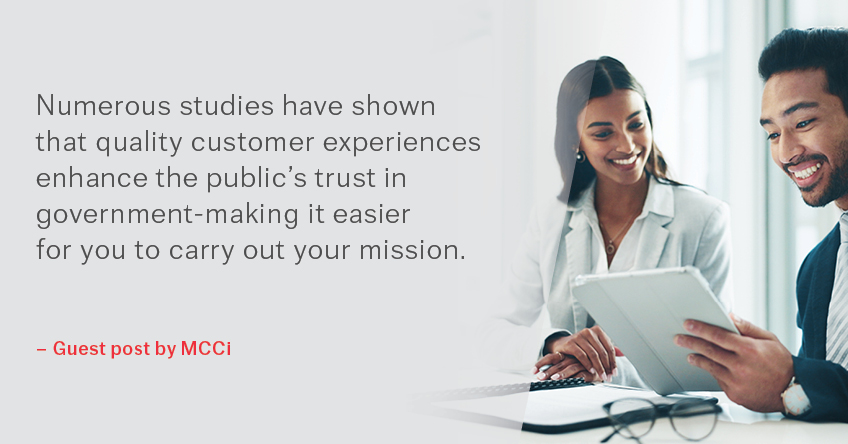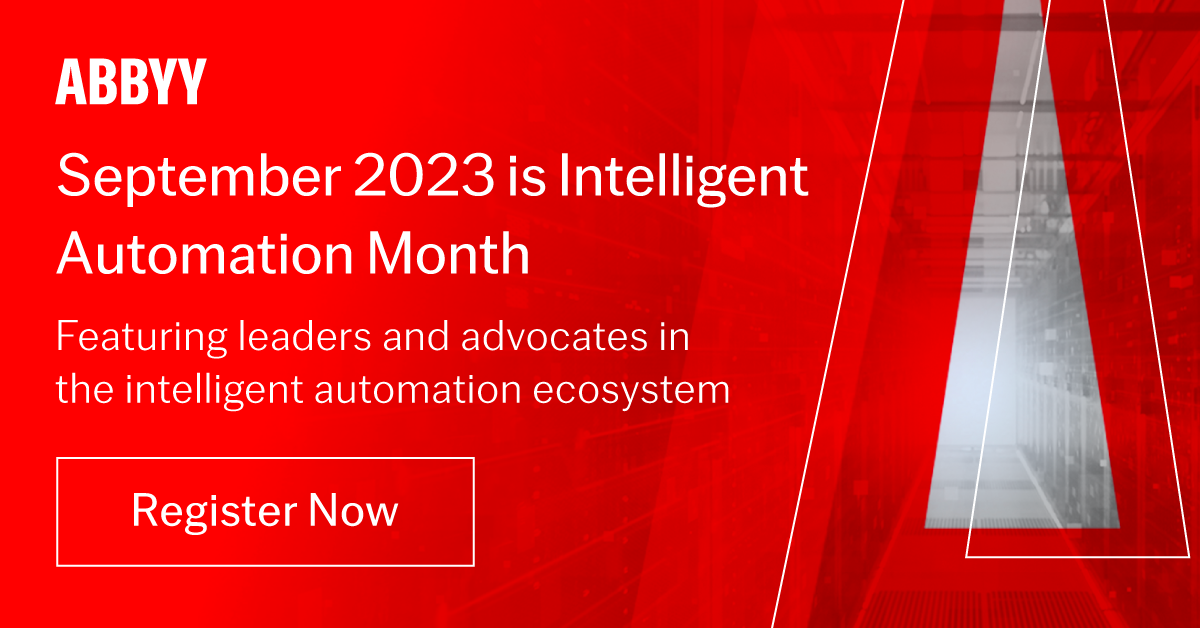Lightspeed Citizen Services: The Impact of Intelligent Automation in State and Local Government
Mike Pazuki
September 07, 2023

Meet "Jane".
Jane is a single mother who recently lost her job and needs to apply for assistance through her state agency, so she can meet her children’s basic needs.
So, she submits an application... and then waits.
If everything goes well — if all documents are submitted exactly right — Jane will get her benefits in three to six weeks.
When you consider the experience of someone like Jane, it’s not hard to understand why just 16 percent of people in one study agreed that their government provides “great customer experiences.”
What happened to cause such a delay? If you work in the public sector, you have a pretty good guess. Likely, no fewer than five or six clerks touched Jane’s application — manually verifying the information against their existing records, manually entering data into multiple systems, manually reviewing reconciliation reports, manually authorizing the check run...
It’s not that the steps the agency goes through don’t serve a purpose. And it’s certainly not that the workers are soulless monsters who don’t want Jane to get her benefits!
The less-than-ideal customer experience, instead, is the direct result of siloed systems, manual processes, and lack of sufficient technology. What if we could accomplish those same steps without all the manual touchpoints? What if Jane could get the assistance she needs in days, not weeks or months? Enter intelligent automation.
Benefits of intelligent automation in the Public Sector
MCCi collaborates with public agencies to provide intelligent automation (IA) solutions (like unemployment processing) that remove manual tasks, break down siloes, and provide a myriad of benefits.
First and foremost is the ability to meet citizens’ needs faster and with fewer obstacles. Numerous studies have shown that quality customer experiences enhance the public’s trust in government — making it easier for them to carry out their mission.
Secondly, it contributes to worker satisfaction. Contrary to some people’s fears, the goal of automation is not to take away jobs. Rather, it frees workers to perform high-value tasks involving critical thinking, problem-solving, community relations, etc., that can’t be replaced by automation. Not only is that a better use of the employee's time, but it's likely more fulfilling work as well.
Are you ready for intelligent automation?
Many of the processes that went into Jane’s assistance application would be good candidates for automation. But it’s also important to consider whether an organization is ready for IA by evaluating factors including:
- Organizational strategy: Ensure that automation initiatives would support your agency’s overall mission. (If your goal is to improve customer service, this one is likely an easy yes!)
- Stakeholders’ buy-in: Enthusiastic buy-in ensures the success of your IA project. You will need stakeholders to (among many other things) set the vision based on their insights into current processes, champion the project to your budget committee, define clear requirements, and facilitate change management.
- Resources: Done well, automation will save your organization time and money in the long run — but it requires a large upfront investment of both. Determine whether you have the resources to see the project through to its conclusion.
- Workforce skills and capacity: The processes that you’re automating may change over time as needs and regulations evolve. While you can continue to partner with automation providers like ABBYY and MCCi to make the necessary changes to your automation, it’s helpful to have in-house talent that can provide a first level of support.



